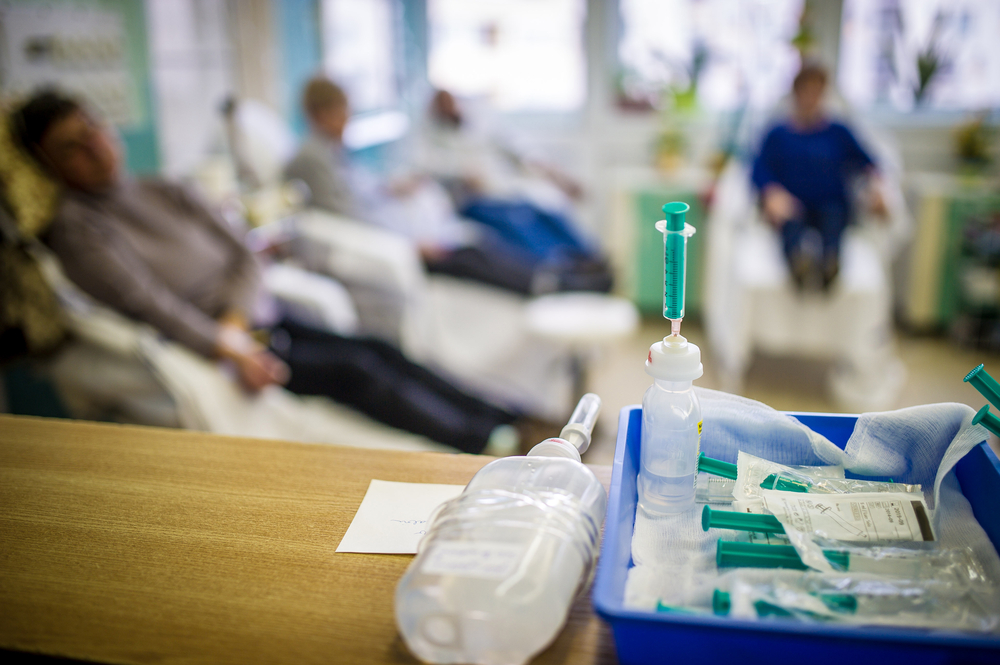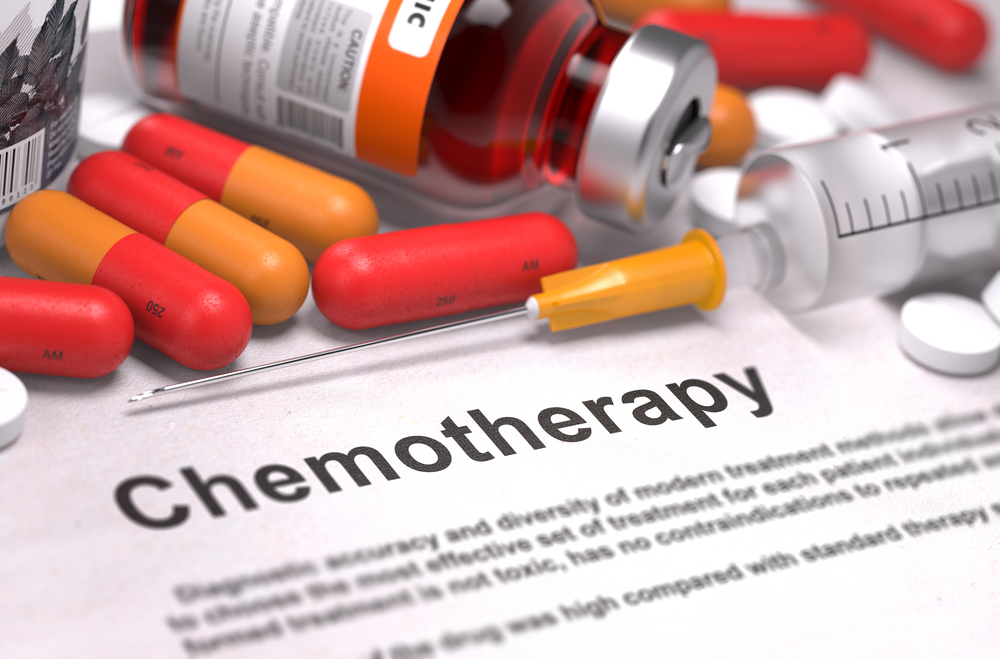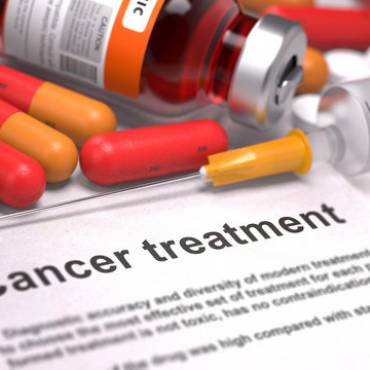After diagnosing cancer, your health care specialist will sign you up for chemotherapy, a treatment for cancer that uses pharmaceutical drugs to kill abnormal cells. But the most powerful treatment does a lot more than getting rid of cancer.
Chemotherapy- The most common cancer therapy
The type of cancer treatment stops or slows down the progression of the disease by stopping the growth of abnormal (cancer) cells in the body. It works by stopping the development of abnormal cells, which grow and divide quickly. But, at the same time, chemotherapy can also harm healthy cells that divide quickly such as those that line your mouth and intestine or that contributed to hair growth. After diagnosing cancer, your health care specialist will sign you up for this cancer therapy, that uses pharmaceutical drugs to kill abnormal cells. But the most powerful treatment for cancer cells does a lot more than getting rid of cancer.

Also Read: 12 Tips : Breast Cancer prevention
Chemotherapy and side effects
While chemotherapy treatment is powerful enough to destroy cancer cells, they also can harm healthy cells in your body. This may lead to some side effects. Your body’s reactions to chemotherapy depend on things such as duration of the treatment, your medical history, the dosage prescribed, or your current health condition., Most side effects are short term and clear up shortly after the treatment ends. While others may last long after the treatment has ended.
- Losing hair-Some chemotherapy drugs for cancer cure don’t make any change in your hair while other pharmaceutical drugs can make your hair fall out, which can be upsetting. Not only hair on your head, but chemotherapy treatment can also make your body hair like your armpit and pubic hair to fall out. Your hair will start falling out just after one or two treatments.Fortunately, the lost hair will gradually grow back after your treatment has finished. Avoid brushing your hair too roughly. This will help your condition. Check with your health care provider before applying a chemical such as dye or hair bleach on your hair. Do not use hair straightening tools or hair dryers on your hair. Cut your hair shorts to reduce hair fall. This will help in a way that it doesn’t pull your hair more quickly.
- Chemotherapy induced nausea and vomiting- Some drugs used in chemotherapy can make you feel sick; they can make you feel either nausea or vomit. You may feel sick within a few minutes of the treatment, or a few hours later. Your sickness may last a long or a short time.The good thing is that there are effective treatments to help you stop feeling sick. Your health care specialist may prescribe you anti-sickness medications before you undergo chemotherapy. The medication can be in the form of tablets or injection. You can get some anti-sickness pills to take at home in case you feel sick. Avoid eating heavy meals just before your treatment. Do not eat fast food or fried food that smells strong. You can eat food in a small portion, try to eat fruits and vegetables of your choice. Moreover, food items that contain ginger can help improve your condition. Try ginger biscuits and ginger tea. Drink lots of fluids to overcome your sickness.
- Losing appetite- Chemotherapy drugs used for cancer cure can make you eat less. You must eat something to help you maintain your body strength and energy. If you do not want to eat, try to eat a small amount instead of eating big meals. Eat healthy snacks like fruits and nuts, avoid eating wafers, and other fried items.
- Changes in the sense of taste- After one or two chemotherapy sitting, you may find your food and drink taste strange. However, there will no issue after your treatment ends. During chemotherapy, try to eat things that you may like or are healthy by the same time.
Also Read: Don’t give up, instead Fight Your Cancer
Sore mouth and ulcers- The drugs used in chemotherapy to make your mouth sore and cause ulcers. Remember that mouth ulcer can get infected and can be painful. You can wash your mouth with salt water to avoid the problems. In severe cases, please ask your health care provider for mouthwashes, gels, or creams that help you get rid of sore mouth and ulcers.



